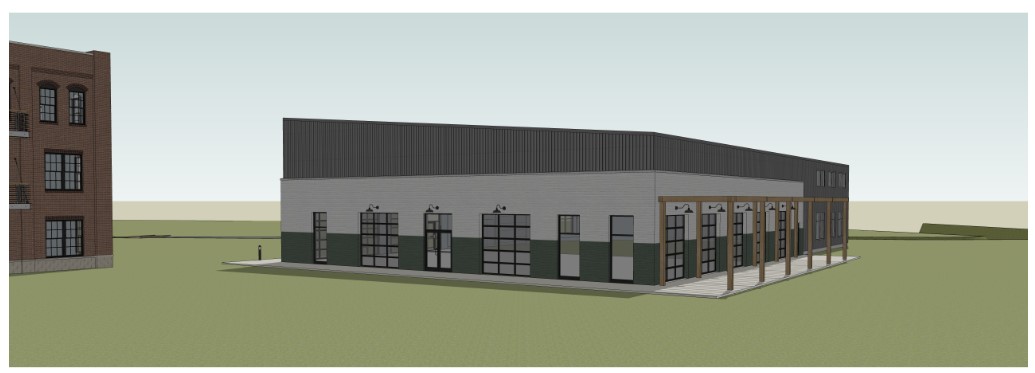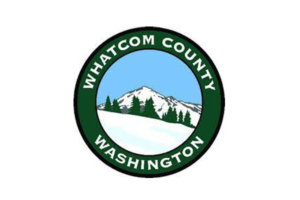Based in Hastings, Michigan, Barry Community Foundation bridges community needs with donor interests, granting dollars to programs, projects and organizations that align with its vision to be a trusted resource for positive change in Barry County, leveraging assets in ways that maximize community impact.
The Opportunity
Working with several local leaders, Barry Community Foundation united the community in 2019 through the Blue Zones, LLC comprehensive well-being initiative. Using an inclusive, participatory prioritization process, the group assessed a series of policies, systems, and environmental changes that would enhance the health and wealth of the rural Central Michigan region. They prioritized changes in the food system, aiming to develop a high-visibility amenity in the City of Hastings for services, programs, and component offerings to residents throughout the region.
Agriculture in Central Michigan faces significant challenges, including the increasing cost of land, wages, housing, goods, and services. To be competitive, many farms are forced to shift toward growing high-value crops such as nursery stock and wine grapes instead of food. While these forms of agriculture are essential for regional tourism, Barry County wanted to support food production for community access.
Partnering with New Venture Advisors
Before making any investments, local leaders hired New Venture Advisors to conduct a feasibility study to validate the community food center concept, determine potential locations, and assess what mix of food programs and enterprises would best serve the community’s food system goals. Based on prior work, they hypothesized that a new facility could incubate healthy food and farm enterprises, provide professional and individually oriented culinary education opportunities, and integrate wellness services and efforts under one roof for consumers and community organizations. The proposed facility also offered an opportunity to connect to Barry County’s increasing investments in walking and bike trails, outdoor event and recreation spaces, and draw visitors to Hastings.
Over the course of four years, New Venture Advisors worked with the Barry County Action Team to develop a Community Food Center (CFC) model that would address the community’s immediate priorities of increasing access to healthy food and supporting agriculture and community development. The feasibility study endorsed the establishment of a year-round retail market following the Farm Stop model and a smaller food hub operation as essential components of the CFC.
Due to Barry County’s location near urban areas but still in a primarily rural portion of the state, the CFC model works to support producers by establishing and supporting multiple market channels for regional producers in a single location, ranging from direct-to-consumer to direct-to-wholesale/institution/restaurant options. This comprehensive approach aims to attract farmers from a broader region, promote efficiency, and reduce costs by minimizing factors such as time, travel, and marketing expenses.
Barry Community Foundation selected The Royal Coach Property as the future site for the Center, a former manufacturing facility that sat empty for fifty years following a fire. The site received Opportunity Zone status, and in 2021, the Hastings City Council approved a mixed-use residential development. The site plan gained the approval and recommendation of the City Planning Commission by developer CopperRock Construction. During the feasibility study, NVA collaborted with the Mill Street Market team and CopperRock to highlight the advantages of integrating the CFC into the mixed-use development. Further community and partner input drove the addition of an affordable childcare facility within the CFC, a needed amenity.
Moving Forward
Barry Community Foundation oversaw the Action Team made up of community members and project stakeholders that has led the feasibility and planning process for the CFC to this point. Recently, Barry Community Foundation has supported the transition of the Action Team to a Governance Board that voted to rename the CFC “The Mill Street Market.” This board, which hopes to eventually form as its own entity to oversee operations, recently hired its first Executive Director. Ground is set to break in Spring 2025, with The Mill Street Market’s grand opening in 2026.
Image by New Venture Advisors, courtesy of Barry Community Foundation



